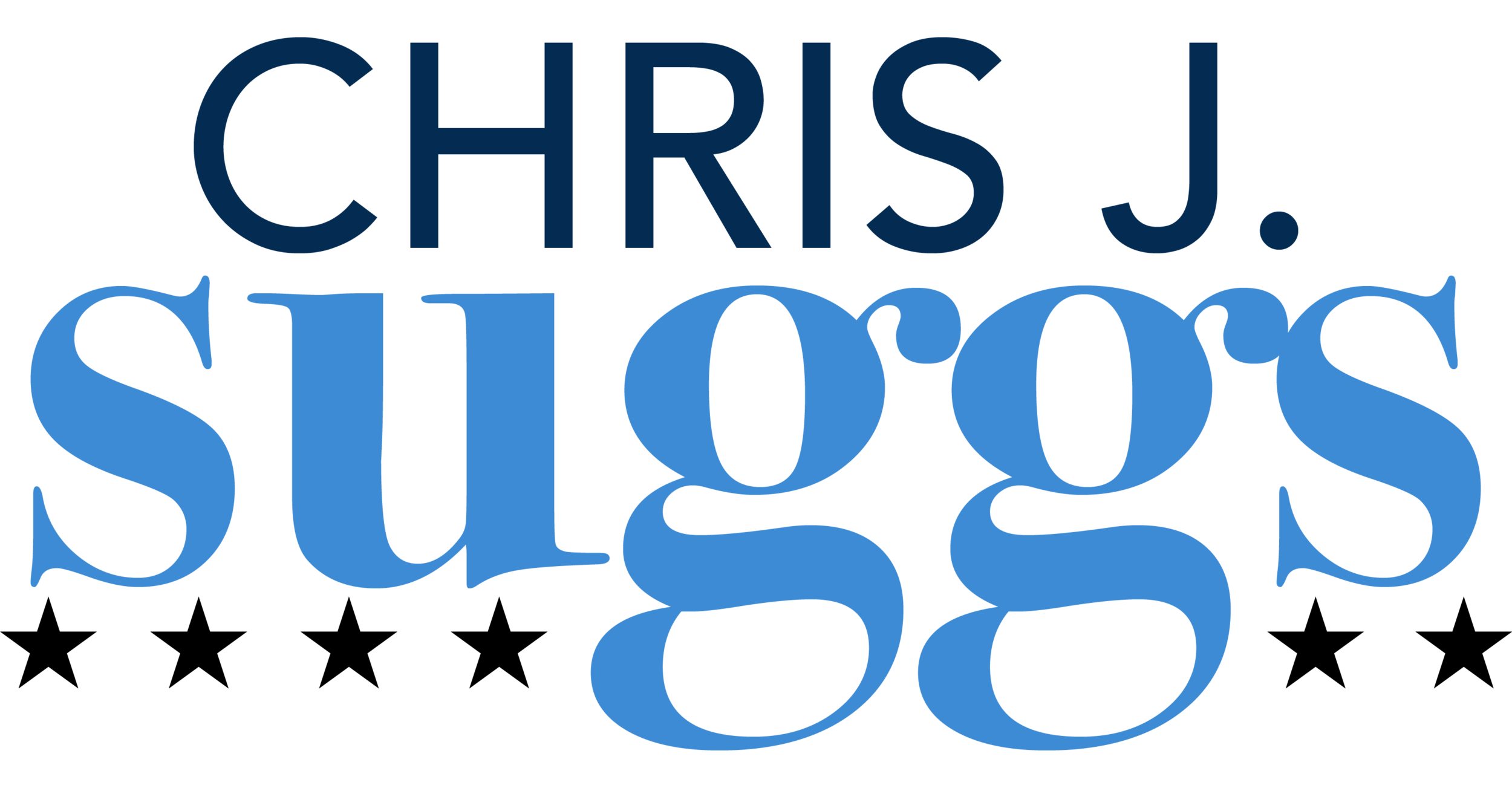Who determines what businesses come to Kinston?
As our city continues to change and grow, an important conversation is to be had around what type of businesses are attracted to our community, what type of businesses do we try to attract, and who makes the decisions on what businesses come here. There is no easy way to answer any of those questions, but I hope to provide you with some helpful context that provides a way for us to have those conversations moving forward. The process is, in fact, quite complex and involves a number of different considerations.
Our local government plays a central role in shaping the business landscape of our community, but the City Council does not decide what businesses come (or don’t come) to Kinston. It is, though, the responsibility of the city government to establish zoning regulations, land use policies, and development plans that guide and influence the types of businesses allowed in specific areas. One example of this would be our October 2022 city council vote to allow tattoo parlors to open in our downtown commercial zoning district. Previously, these establishments hadn’t been allowed downtown, or anywhere in the city limits. Thanks to recent changes in our zoning ordinances, there have been two new tattoo businesses to open in Kinston in the last several months.
Economic development agencies, such as the North Carolina Global TransPark Economic Development Region and Downtown Kinston Revitalization, also play a role in attracting businesses and driving economic growth in our community. The Global TransPark Economic Development Region is an alliance between Lenoir, Greene, and Wayne counties that places a strong emphasis on attracting major industrial and commercial enterprises—such as Masterbrand Cabinets’ multi-million dollar expansion that will create 540 new jobs. Downtown Kinston Revitalization has played a key role in encouraging private investment in Kinston’s 27 blocks of downtown. These agencies can conduct market research, identify target businesses, and encourage strategies that entice businesses that meet our community’s needs. Primarily, they act as facilitators between businesses and government, playing a crucial role in attracting desired industries.
The demand, needs, and purchasing power for specific products, services, and experiences in our community significantly influences which businesses choose to establish themselves here. The proliferation of dollar stores in our community is, unfortunately, one example of this. East Kinston, our city’s most impoverished and densely populated neighborhood, is currently a food desert by U.S. Department of Agriculture standards and has no accessible grocery store. Northeast Kinston, and the northeastern part of Lenoir County, is also underserved by grocery and retail options. The variety store conglomerate Dollar General has opened stores in both of these locations because they realize that there is a market opportunity that no other business is currently addressing.
Residents can use their power to demonstrate the demand for certain businesses they desire by contacting corporations and encouraging them to open a location here, supporting existing businesses to show the need for expansion, or even pursuing franchising opportunities with major chains themselves.
Real estate developers and property owners also play a critical role in determining the types of businesses that come to our city. They invest in and develop properties, seeking tenants that will maximize the value and potential of their assets. One recent example of this would be Perry Management, a local real estate firm, and their work to broker deals and recruit businesses to the (previously) empty properties on Hill Farm Road next to Wal-Mart. So far, they’ve attracted PetCo and State Employees’ Credit Union to open locations on this property; and a new car wash is opening nearby.
Members of our community, and our local government leaders, can engage with developers and property owners to convey what the needs and preferences of our community are and help influence their decisions. While we can’t force a property owner to do anything with their land or building (I know we all wish we could wave a magic wand and make something happen at Vernon Park Mall), we can share our desires and help them see that certain investments would be welcomed by the community and profitable for their interests.
As you see, the determination of which businesses come to Kinston involves a multitude of factors and players. The city council, economic development agencies, real estate developers, community input, and market forces all contribute to the decision-making process—but there is no sole person or governing body with that responsibility. By actively engaging with these different entities, advocating for your interests, and staying informed about market trends, you can play a vital role in shaping the business landscape of our city. Together, we can foster a thriving and diverse business environment that meets our needs and reflects the aspirations of our community.
Yours in community,
Chris
###
Chris J. Suggs was elected to the Kinston City Council in November 2021 and is currently the youngest elected official in North Carolina. The Kinston City Council hosts its Regular Meetings on the first and third Tuesday of each month at 5:30PM and 7:00PM, respectively.


